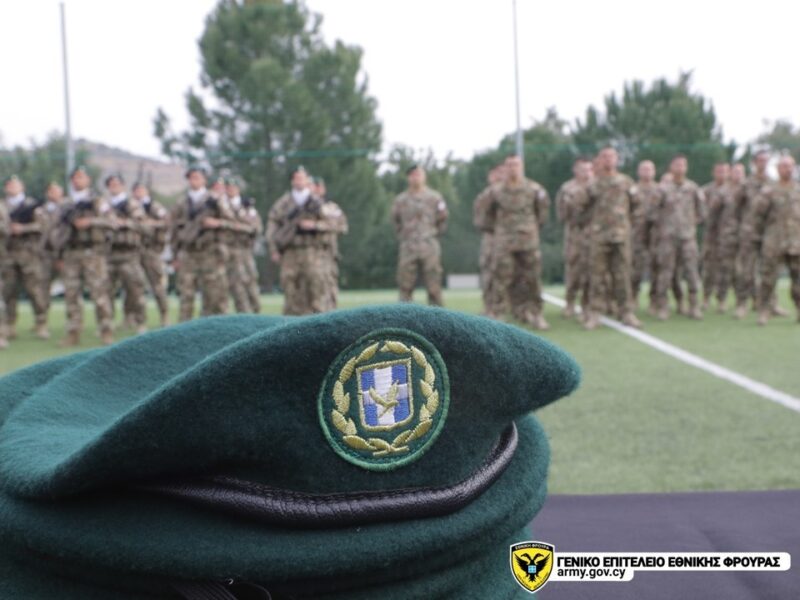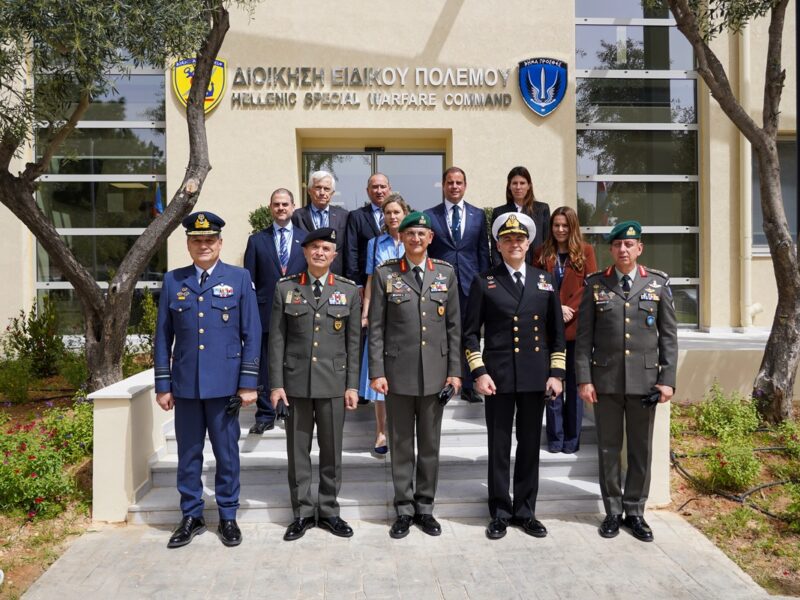By Konstantinos Fili, director of IGA, associate professor of the American College of Greece & ANT1 international affairs analyst
When Turkey’s Energy Minister Donmez announced that Erdogan would announce the Abdul Hamit Khan drilling site, expectations were raised, but also concern about the choice of destination and whether it could cause tension on the ground between Athens and Anchor.
In the intervening days, the latter gave verbal assurances to Americans, Europeans and through them to our side that at least now it was not going to “irritate” the Greek reflexes. It is positive that the first of the seven drillings does not even involve the Cypriot continental shelf, which Turkey has systematically violated since 2013. However, the time period after October 7, when NAVTEX ends, gives Erdogan the opportunity to negotiate on each from the exploratory drilling that will follow.
Turkey, however, is in an oxymoron situation: the war in Ukraine strengthens its position, in particular the role it has developed regarding the release of Ukrainian grain and in general the quasi-mediation between Kyiv and Moscow. However, its ambivalent attitude towards Moscow, the cooperation with it in various fields and the helping hand to Putin in a condition of his isolation from the whole of the West (with the exception of Orban) put Ankara in a difficult position.
Any move, therefore, that would oblige Greece to respond with justifiable force, undermining NATO at a very critical moment in time, would not be tolerated by the American factor.
At this stage, therefore, Turkey can claim to have chosen the mildest scenario (even if the investigation area is not legally demarcated), while Greece is gaining time and calm in the midst of internal turmoil. However, it is certain that Turkey’s four floating drilling rigs are not only part of its energy program, but also a foreign policy tool. Well, its next moves on the energy chessboard depend not only on its stated intention to become independent of oil and gas imports, but also on the effort to make the upcoming drilling part of the big negotiation that is developing mainly with the US.
On the former, Turkey is seeking a role in the transit of Eastern Mediterranean hydrocarbons to the European market, since existing or future plans for the southern European corridor bypassing Russia (will) pass through its territory anyway. Wanting to evolve into an “energy lung” of the EU, Ankara is trying, after several years of self-marginalization due to bad relations with Israel and Egypt, to get involved in the energy projects of the Eastern Mediterranean.
In addition to the blackmail and threats against Cyprus and Greece, in the event that it discovers something worthwhile in the areas where it will conduct the research drilling, then it will “sell” its usefulness, with a willingness to cooperate with some of the players in the area, so that together to export natural gas to international markets. In fact, while building a nuclear power plant with Russia, the Turks claim that they wish to contribute to Europe’s energy independence from Moscow.
In the Oriental bargain that has already started with Washington, each side wants to set the terms of the discussion. Ankara’s advantage is that its drilling program in the Eastern Mediterranean is set to last roughly until the national elections. Knowing that the American actor would run out of room to avert a crisis with Athens, every time Erdogan decides where to drill next he will negotiate, offering to avoid tension or threatening to provoke more, depending on how satisfied he is. from the course of the consultations.
It should be noted that the Turkish president referred to areas of Turkey’s jurisdiction based on the “Blue Homeland” doctrine, for which when he “pierces” he will not ask anyone’s permission.
As much, however, and even if it is pre-election propaganda, the pressure exerted by the opposition to impose the “Blue Homeland” in practice and especially in its entirety, combined with the constantly negative opinion poll findings and the transformation of the economy from a strong paper into a boomerang , compel Erdogan to seek tangible results from exploratory drilling, either by finding deposits and/or making a show of strength as a regional hegemon, which no power can/must ignore.
But how will he secure the F-16s against a hostile Congress if he does not respect the Americans’ desire for de-escalation, when in fact he needs, if not support, at least US-EU tolerance? before and after the elections in Turkey?


